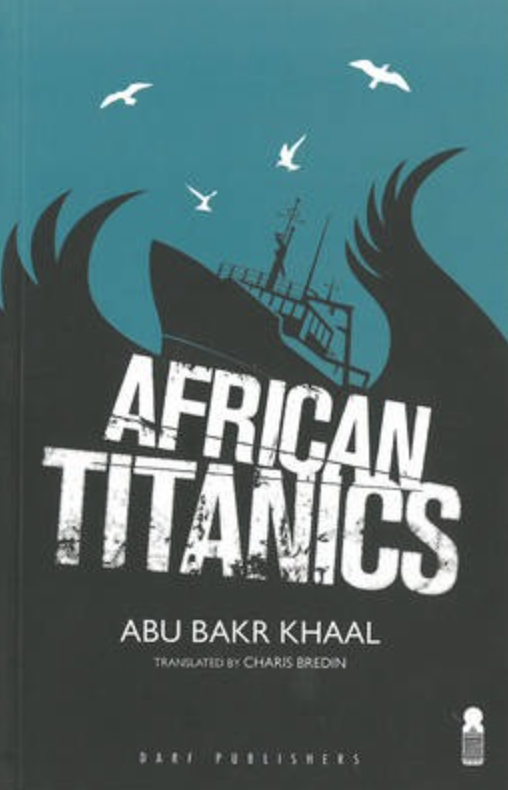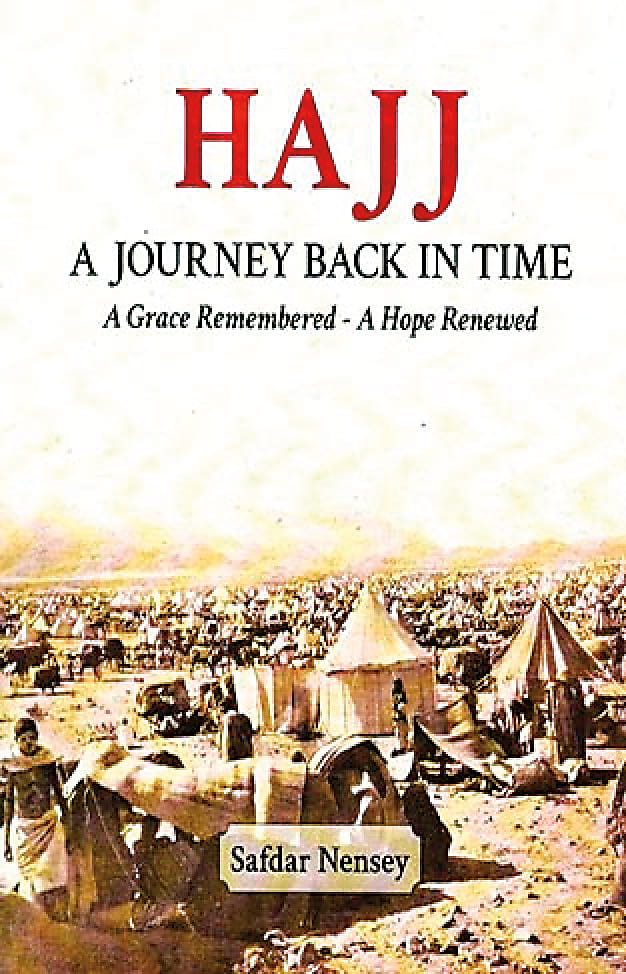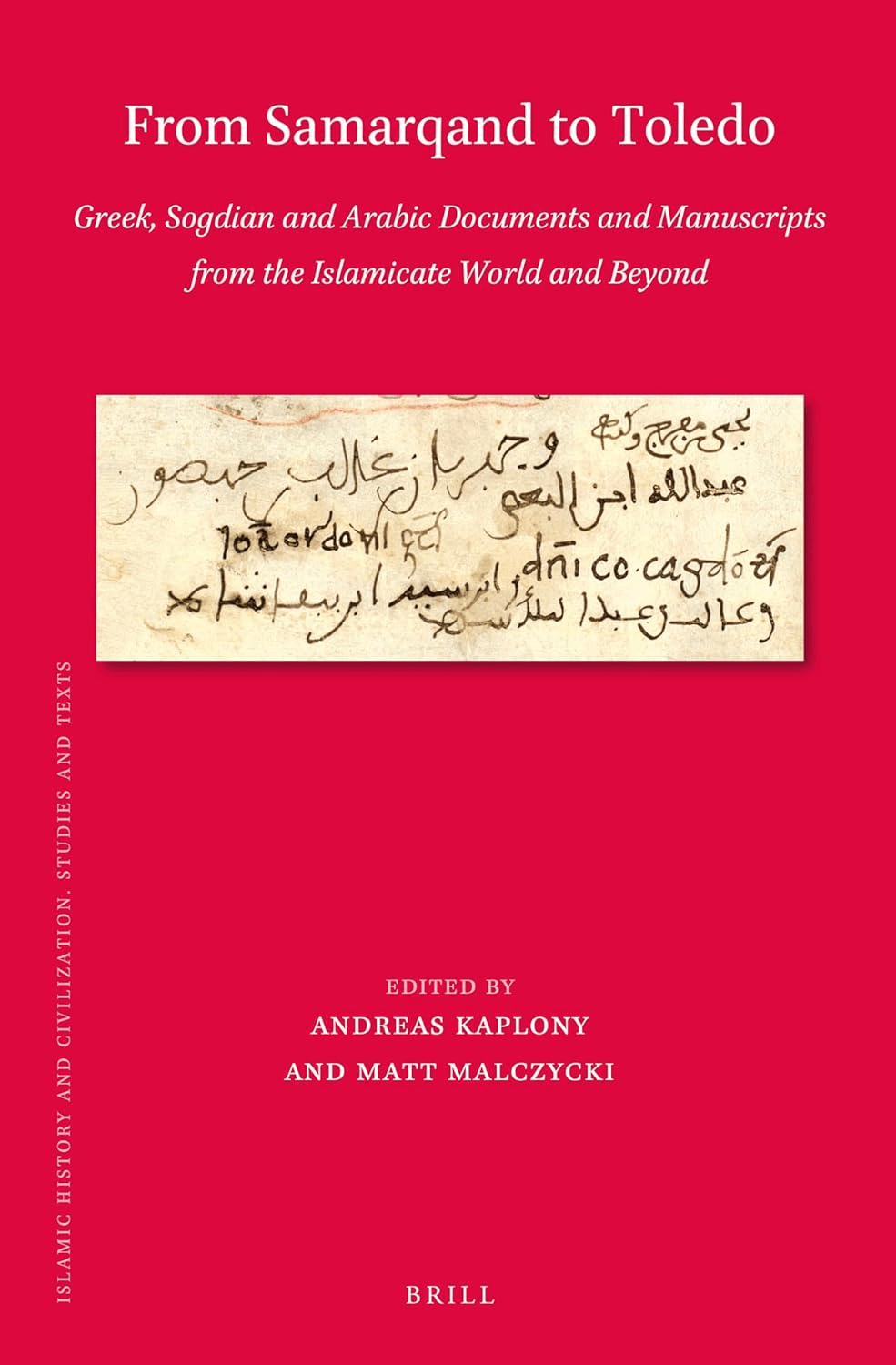
African Titanics
Margaret Powis
Abu Bakr Khaal. Charis Bredin, trans.
2014, Darf Publishers, 978-1-85077-273-6, £7.99 pb.
Migration is nothing new; humans have been on the move for uncountable centuries. What makes the 20th and 21st centuries different are the huge numbers of people involved. The reasons are the same: to escape from war, economic hardship and even starvation toward what is perceived as a more secure life. African Titanics chronicles the almost mythic journey of one man from Eritrea to Tunis, via Khartoum, the Eygptian Desert and Libya. The majority of the people migrating with him are Africans heading toward Lampedusa, Italy, but similarities with the tragedy of Syrian, Iraqi and Afghani refugees are inescapable. The straightforward narrative of the journey is interspersed with folktales, poems and encounters with local seers. The migrants meet generosity and kindness, as well as cruelty, disregard for human life and sometimes, tragically, death. The title suggests the doomed quality of the quest, but still the migrants journey on. While this is the story of particular locations, individuals and events, it could be an account of any migrant’s journey. Hope and despair exist next to moments of agony and laughter.
You may also be interested in...

Author Safdar Nensey’s Hajj: A Journey Back in Time—Our Book Review
Safdar Nensey invites readers into one of the world's oldest and most sacred annual expeditions: the Muslim pilgrimage to Makkah.
Old Documents Shed New Light on History in Book Connected to Ancient Islamic World
The painstaking work to recover history—one page at a time—is on brilliant display in this collection of essays focusing on early Arabic, Coptic, Greek, Hebrew, Latin and Sogdian manuscripts.